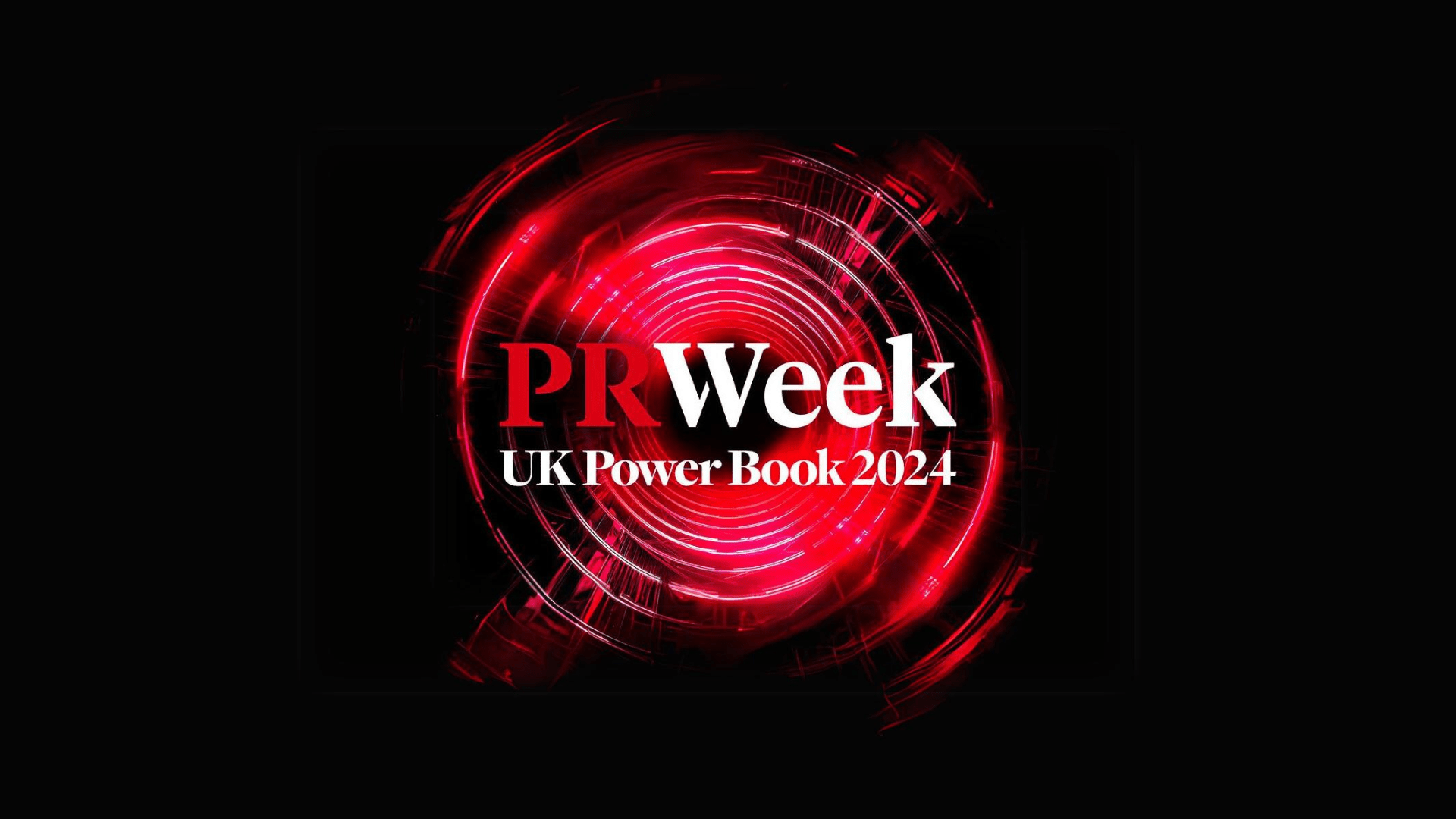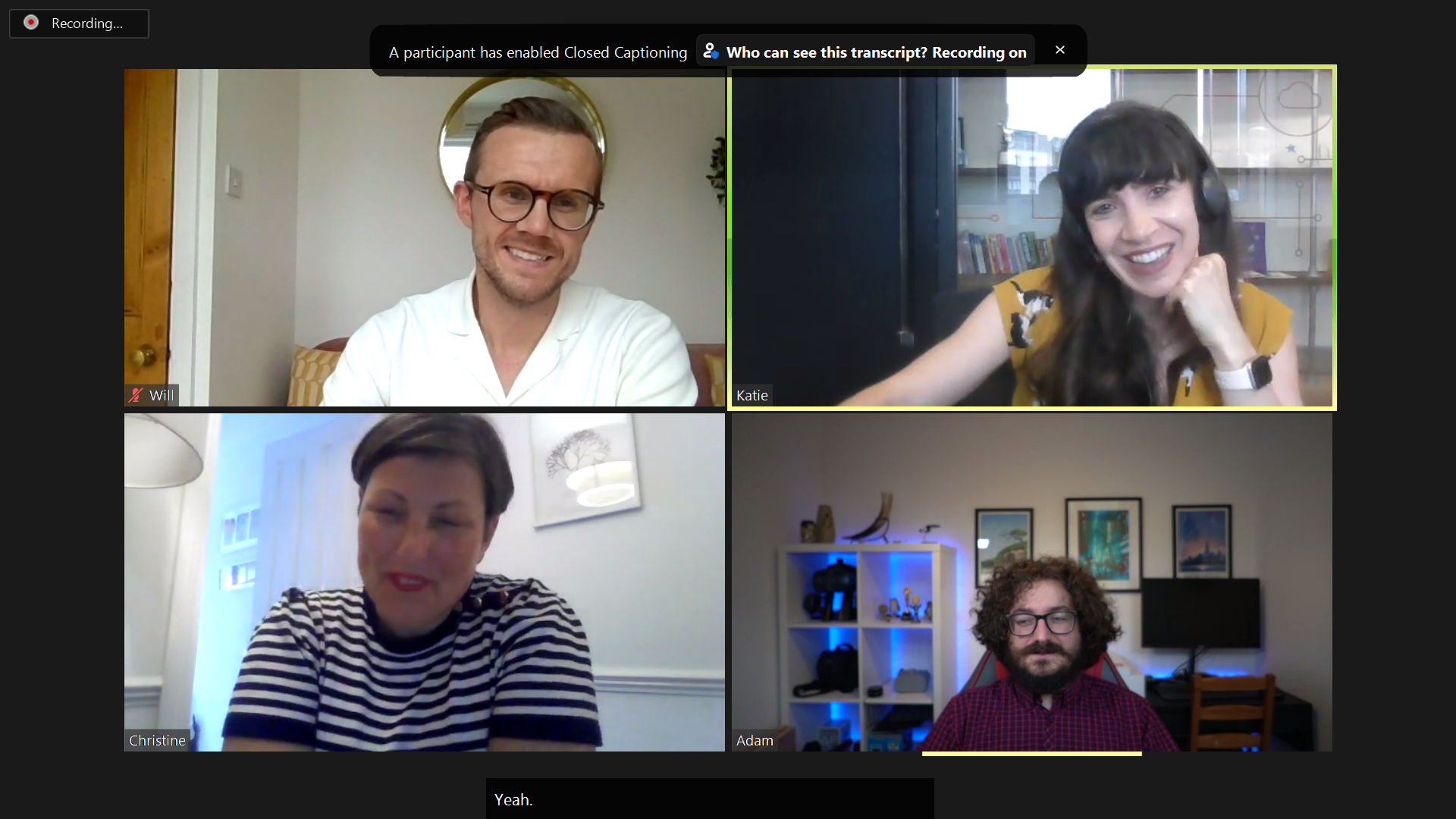Writing is likely to be an area that individuals in the early stages of their career are eager to improve. The ability to engage a reader, make points concisely and even sway opinion is essential for any successful comms career. But attention to detail, grammar and spelling are equally important and significant skills that agencies want in their staff.
But writing doesn’t come naturally to everyone and, even when it’s going well, it isn’t always easy. Starting with a blank page can be daunting – especially when it’s around a topic that’s completely new to you. Blocking out time and committing yourself to getting that thousand-word article done is tough when there are client emails to answer and last-minute requests to take care of.
For those of you who, like me when I first started, are looking for some quick and easy ways to improve your writing, here are some simple steps to get you started, help you produce stronger drafts to share with your managers and could even remove rounds of editing.
1. Planning
Writing is different for everyone – but for me, I will NEVER be someone who can just start writing a lengthy article out of thin air. That’s why in life and at work, I like to plan. From looking up nice restaurants to where I will be going on my next holiday, planning is key.
Before I start writing any piece of work, I always stop and think to myself, “who is this for?” and “what do I want this piece of content to do?”. From these initial thoughts and some digging online, I start writing down a structure on what I’d like the content to cover.
My structure will be broken down paragraph by paragraph until I have a full article in bullet points. It’s at this stage that I do a lot of the thinking and researching that would otherwise interrupt my flow when I get to writing. And usually, this is the hardest part – deciding on the initial idea, figuring out the arguments I’m going to make and if there’s a hook or an angle I plan to use as a mechanism to tell my story. Once this is done, I’m a big fan of sharing with other members of my team to get input – this gives me a chance to talk through my ideas with someone else, often getting extra inspiration on the way.
2. Timing is everything
In PR, setting deadlines – both internal and external – is vital to ensuring jobs are completed on time. If not done correctly, this could have a domino effect on others around you, slows down other parts of a project which might be reliant on the content or worse, could mean that your story hits its expiration date and is no longer timely. The most successful PR campaigns are tied to events, news or trends.
With that said, B2B tech isn’t always simple. A big chunk of the task at hand can be translating technical concepts into something your nan would understand. When writing about a topic that you’re not familiar with, don’t underestimate the time you’ll need to gain a better understanding before you start drafting.
This is when I have to be realistic with not only myself, but also my team, setting expectations on deadlines, asking for relevant source materials and making sure I have a clear brief from my clients. As well, it is important to remember, that these sorts of pieces will always be beneficial towards personal development in writing and understanding of industry topics within your role.
This ensures that everyone is on the same page.
3.Taking feedback on board
Feedback can be tricky.
When receiving feedback, when I can, I always try and sit down with the person reviewing my work to talk through their comments. Tracked changes in a document can only tell you so much – it’s about understanding WHY they made the changes as much as it’s about seeing the changes that were made. It’s important to ensure that you and your reviewer are on the same page with the content – did you both have the same format or style in mind? Not understanding this from the outset means that the process is likely to take a lot longer than necessary.
While it can sometimes be disheartening when feedback is anything less than glowing, you’ll find it hard to learn from mistakes if someone doesn’t explain their thinking to you. Sometimes they might be pointing out where you have gone wrong and how it can be improved but equally, it might just be a disagreement on something as straightforward as tone or length. Writing for multiple clients and learning each of their preferences takes time but eventually, you’ll find that you only need to read a few existing blog posts to grasp what you need to put together a great first draft.
It is only going to benefit you moving forward!
4. Read it through, print it, then read it through again
Printing my work off and reading a physical copy has always helped me to spot grammar and spelling mistakes within content. Now, while this might not be great for our printing bill in the office (or the trees!), it is actually something that I now could not live without when it comes to my writing.
Throughout the process of writing, I regularly print and re-read my work to spot typos. There’s something about scanning through a hard copy, making notes and underlining key points that forces me to interact with what I’m reading and helps me take a step back in a way that reading from my screen never does. It is even a chance for me to reconsider the structure of the piece of content.
It’s simple: print, review, amend, repeat!
Give it a go
While some of these tips could be obvious, they’re tips that have seen me through my early years in PR. A big part of perfecting your writing is understanding that it won’t be perfect first time. It’s taken me a long time to realise that the best writers don’t let “great” be the enemy of “good”.
A strong piece is the result of good research, creative ideas, a meticulous eye for detail, a way with words and then a three-way review process! I hope that I can pass on this writing wisdom to others who are just starting off and looking to improve their own writing for work 😊
















